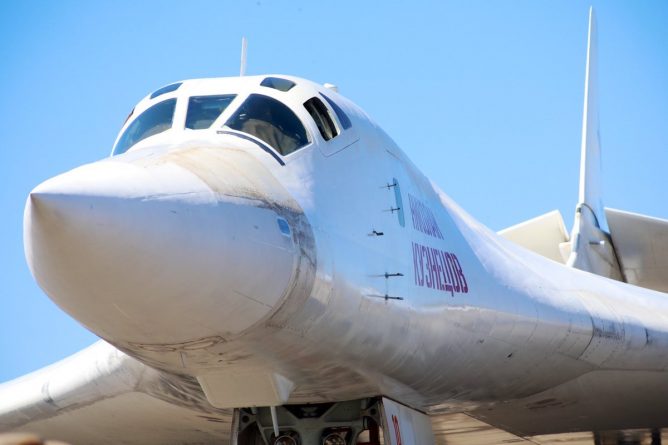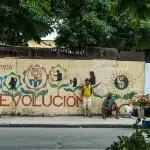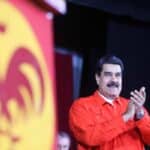
By Steve a Ellner
It is not surprising that voices in Washington have expressed alarm over the landing of two Russian bombers in Venezuela. But the statements of government spokespeople and reporting in the mainstream media regarding the steps taken by President Nicolás Maduro are largely one-sided. Like always, it is necessary to contextualize in order to form an accurate opinion of what is taking place.
Secretary of State Mike Pompeo referred to “two corrupt governments [Russia and Venezuela] squandering public funds while their people suffer.” Along the same lines, media coverage of the incident underlined Venezuela’s pressing economic conditions. All governments, however, regardless of the state of their economy have the right to defend themselves.
For many media commentators, Maduro sought to strengthen his position internally by putting on display the support he counts on from powerful international allies. Fear of a U.S. military response may be a more plausible explanation for his motives. Indeed, President Trump’s threats of military intervention and implicit support for a military coup in Venezuela is veritably without precedent in the history of U.S. diplomacy.
Similarly, historical context is necessary to understand why Venezuela became (in the words of Time Magazine) “a major buyer of Russian military hardware,” which is another source of U.S. concern. The embargo initiated by the government of George W. Bush on spare parts for the U.S. built F-16 fighter jets made it inevitable that then president Hugo Chávez would look elsewhere. The embargo led to the military partnership between Venezuela and Russia beginning with the purchase of 24 Sukhoi planes in 2006.
The presence of Russian bombers in Venezuela last week and the possibility of future deployments are clear examples of the undesirable consequences of Washington’s unyielding hostility toward that nation.

Steve Ellner
Steve Ellner is currently an Associate Managing Editor of Latin American Perspectives. He is a retired professor from the Universidad de Oriente in Venezuela where he taught economic history and political science from 1977 to 2003. Among his more than a dozen books on Latin American politics and history is his soon-to-be released edited Latin America’s Pink Tide: Breakthroughs and Shortcomings (Rowman & Littlefield). He has published on the op-ed pages of the New York Times and the Los Angeles Times.
- Steve Ellner#molongui-disabled-link
- Steve Ellner#molongui-disabled-link
Share this:
- Click to share on Twitter (Opens in new window)
- Click to share on Facebook (Opens in new window)
- Click to share on LinkedIn (Opens in new window)
- Click to share on WhatsApp (Opens in new window)
- Click to share on Reddit (Opens in new window)
- Click to share on Telegram (Opens in new window)
- Click to email a link to a friend (Opens in new window)




